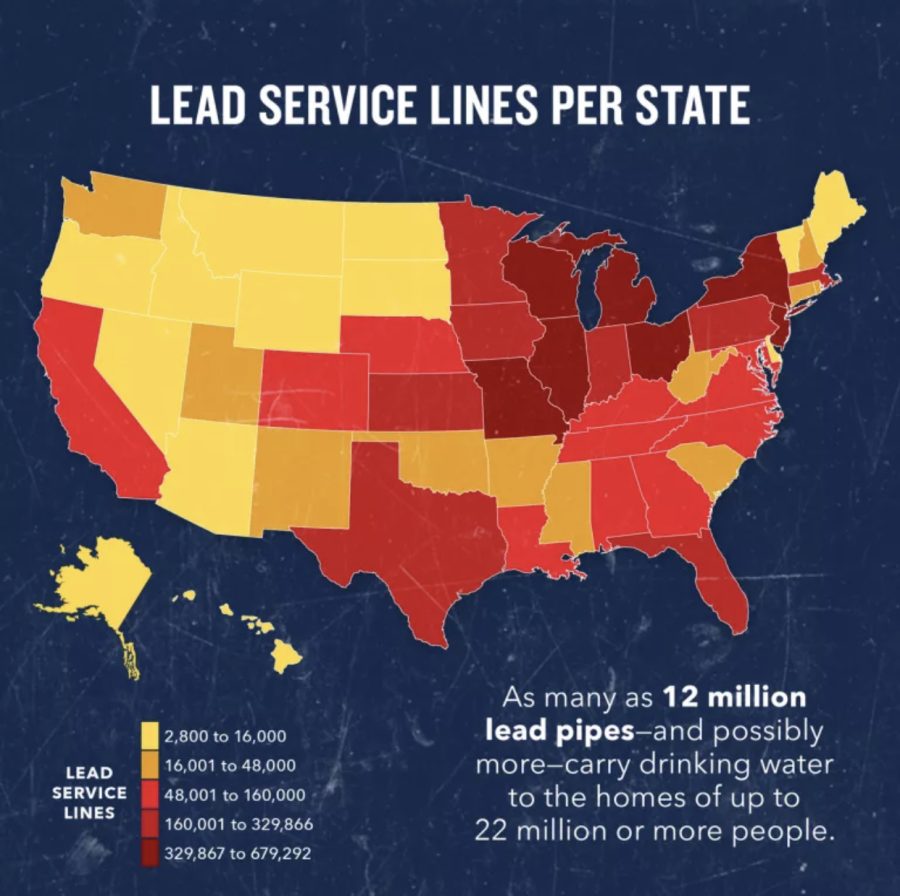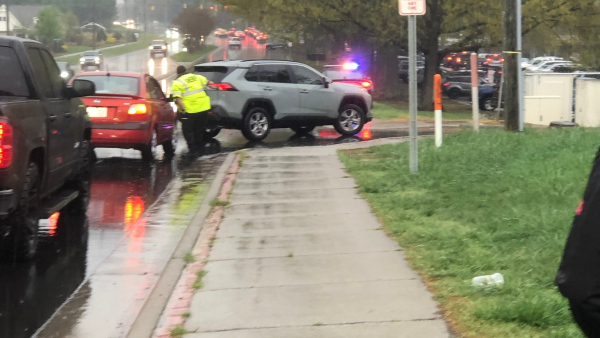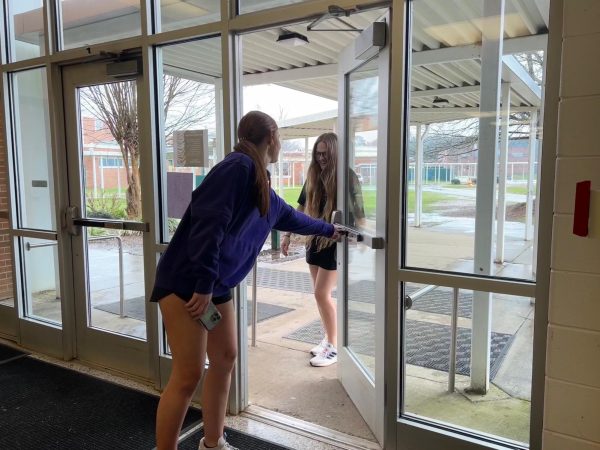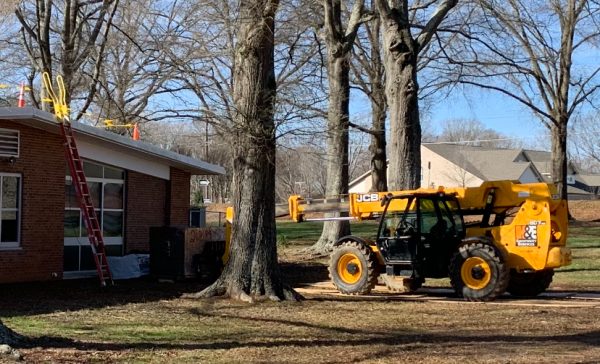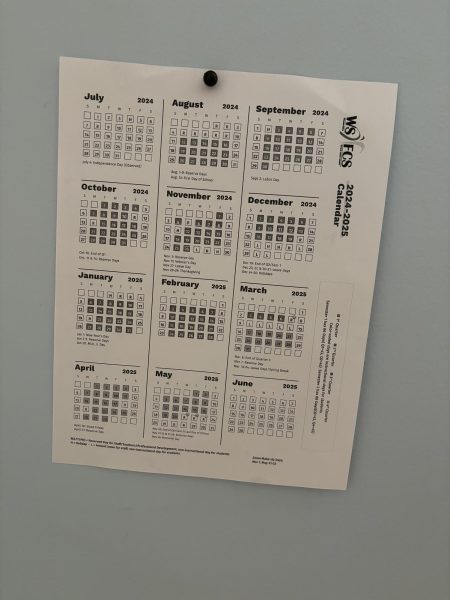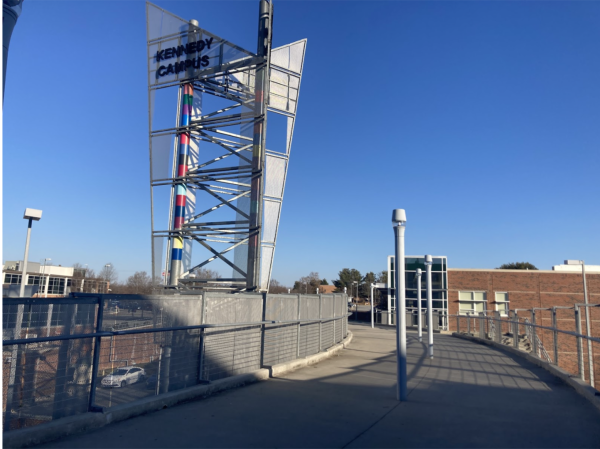9.2 million lead pipes are still in America
April 28, 2023
The Environmental Protection Agency (EPA) estimated that there are still around 9.2 million lead pipes being used for drinking water across America today. This is the most accurate count to date. This finding comes 37 years after lead piping was outlawed due to health risks. And Florida was announced the unfortunate winner with the most lead pipes reaching over a million.
Even since 2000 BCE people have known that high doses of lead was poisonous, considering it kills you immediately if you consume enough. But it wasn’t until 1979 that pediatrician and child psychologist Herbert Needleman, started documenting the dangers of even small amounts of lead exposure. In 1986, after the Safe Drinking Water Act, laying lead pipes for drinking water became illegal.
When lead enters your system it attacks your brain and central nervous system, with high amounts it causes comas and death. Even a small amount of exposure over time can lead to many issues, such as development and growth issues, learning and behavior problems, and hearing and speech problems. Many mental health problems have also been linked to lead poisoning, according to JAMA Network.
With the average age of the American population being 38 years old, and lead piping only being outlawed 37 years ago, lead exposure is not new to the US. It is estimated that in America one million people still die from lead exposure a year, these millions of lead pipes are a significant cause of this problem.
This issue hits close to home as well, with an estimated 82,000 lead pipes being in North Carolina as of 2021. To help with this issue the EPA is allocating $6.5 billion to states to help with the drinking water infrastructure, and the Biden Administration is working towards distributing $15 billion from the Bipartisan Infrastructure Law.
Most lead pipes are found in older cities and homes built before the Safe Drinking Water Act. If you suspect you have lead piping contact the Lead Compliance Program in Winston-Salem and make sure you filter all your tap water or consider switching to bottled water.Even though we live in a newer city with more up-to-date pipes, however it is always better to be safe than sorry.

